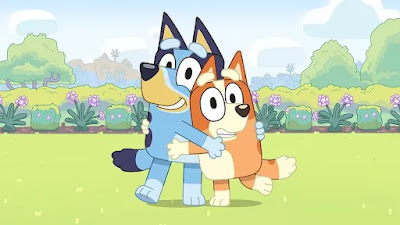Looking over this review, it strikes me that this entire deep-dive into the show is more of an excuse to ponder both the adaptation and the books upon which it’s based, particularly in regards to Pullman’s prose and intentions and writing style.
This suits me just fine, for – as has been frequently mentioned – the His Dark Materials trilogy was a formative part of my late childhood, to the point where I based at least half of my thesis on its philosophical/metaphysical underpinnings. Watching this show is as good an excuse as any to delve back into the aspects of the story that fascinated me as a child, not to mention my general interest in the adaptation process and the structure of stories.
Watching this episode, it became apparent to me that although this epic is far too dense and complex to be adapted coherently into a film (as the 2007 attempt demonstrated) it also desperately requires a film’s budget. Even today, with the ability to render realistic armoured bears and shape-shifting daemons, you can see certain limitations in the way the story is presented.
For example, it’s clear that the dragonflies of the Gallivespians have been omitted for budgetary reasons, likewise the appearance of the angels from barely-visible impressions in the air to actors in robes and gold/silver face-paint. Lord Asriel’s sprawling adamant fortress, made up of towers and battlements and fortifications, is now a standard army basecamp.
Even the little things, like the fact that Mrs Coulter’s hiding place has been transposed from a cave in the Himalayas to a cottage on the Welsh coast, all point to BBC accountants desperately trying to keep finances at a reasonable level.
I understand, I do, but it’s a shame that something of such immense imagination and scope as Pullman’s vision has to be pared down in this way. And sometimes it leads to unfortunate plot-holes – in rereading The Amber Spyglass along with the progression of the episodes, I was reminded that Will instructs Balthamos to take the form of a daemon so that he can pass through Lyra’s world without attracting any attention. Recall that to those living in her world, a person without a daemon would be like wandering around without a head – a source of terror and disgust.
The show skips all that, to the point where Will can overcome Iorek sans a daemon in full view of an entire village without comment. It chips away at the integrity of the world-building, though I’ve no doubt that the decision was due to cost cutting.


